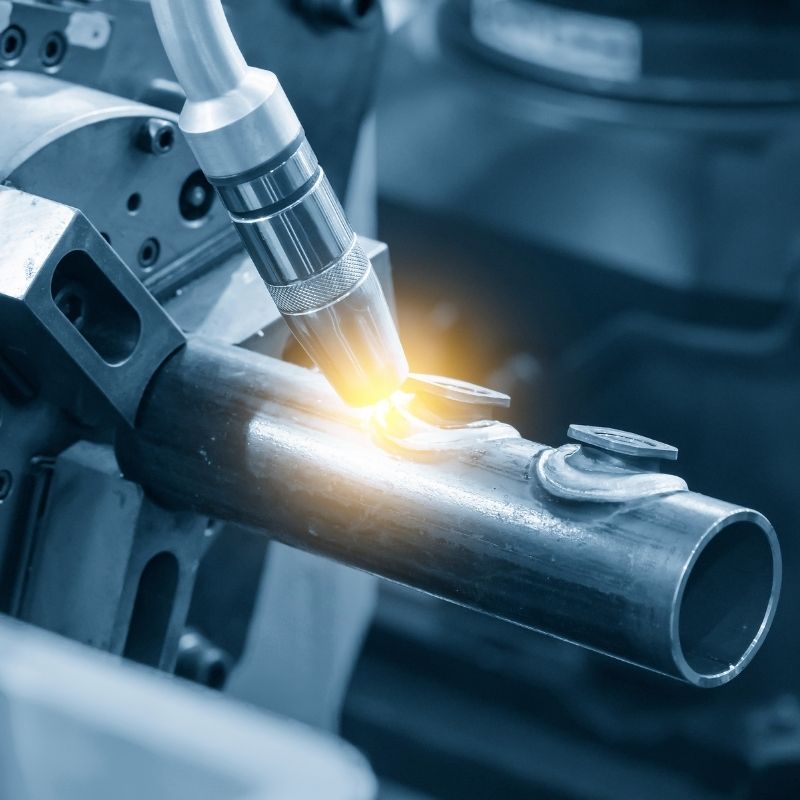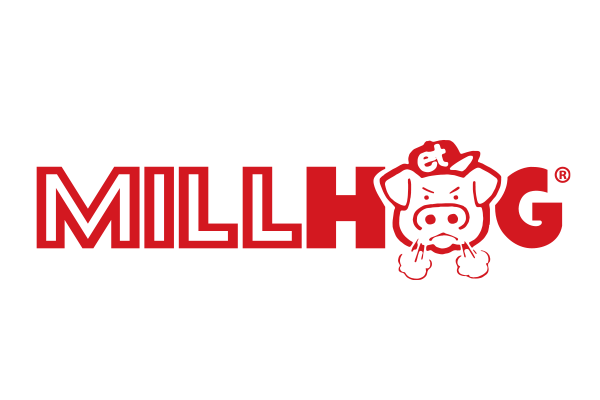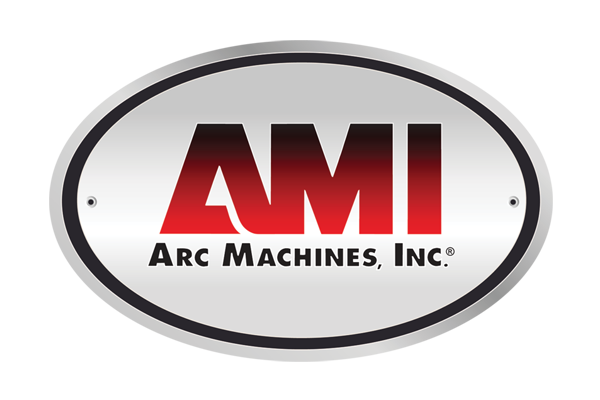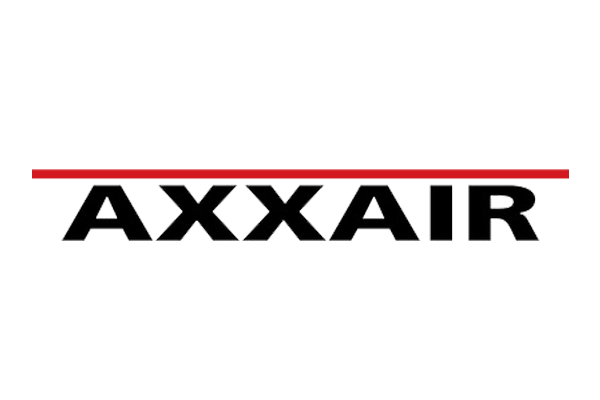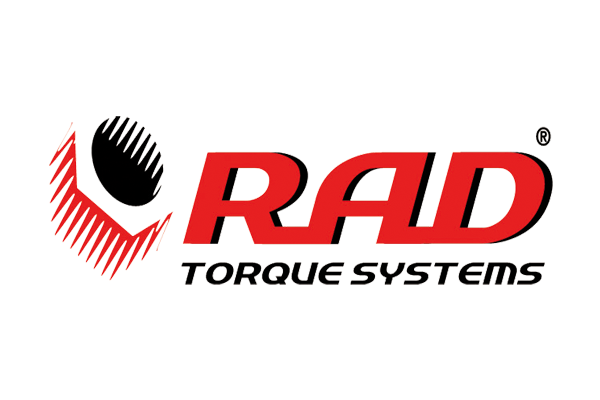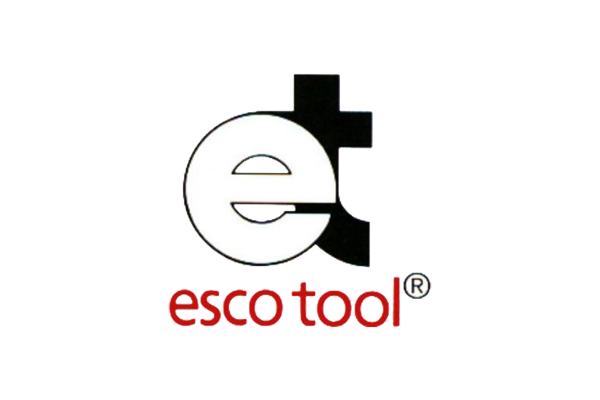How Spiral Pipe Welding Automation Drives Productivity
When it comes to production, manufacturers regularly deal with both ends of the spectrum. It may feel like a neverending road when it’s busy; however, automation can lend a helping robotic hand. Knowing how spiral pipe welding automation drives productivity may make you consider bringing in some reinforcements.
Makes Up for Lack of Workers
The pipe welding sector is amid a severe labor shortage, with the American Welding Society projecting that there will be nearly 400,000 fewer active welders in 2024. The lack of human laborers will have a significant impact on several industries, including oil and gas, shipyards, water and sewage management, and chemical and nuclear facility development.
If your business is in a field that is experiencing a labor shortage, you should consider automation to soften the blow. Welding automation technology is an excellent method to address these labor scarcity concerns since they boost your team’s productivity and enable inexperienced welders to do the duties of certified welders.
On-Time Delivery
Not staying on top of your deliverables is a major deterrent for you and your customers. For the supplier, you might have extra wages for overtime to get back on schedule. And your customers might get disgruntled and take their business elsewhere. Numerous manufacturers have gained a competitive edge through investing in automation. Pipe welding automation may help keep projects on track, limiting the chances of a long delay.
Higher-Quality Welds
Pipe welders must make split-second judgments to produce high-quality welds. Humans are imperfect, and manually generating reproducible and continuous top-notch welds has proven exceedingly challenging. Weld uniformity often degrades throughout an 8-hour shift as welders start feeling fatigued.
If your business fails to produce consistently high-quality welds, automation might be a significant benefit. Automation manages weld conditions by removing the flame from the spiral pipe welder’s hand.
Meets Customer Demands
Even if you have a team full of experienced employees, always meeting customer demands can be challenging. However, a more cost-effective approach is to boost capacity without significantly increasing your fixed costs.
Having expensive fixed costs further complicates managing the fabrication industry’s fickle nature. If the markets you service are likely to grow in demand, automation may be able to relieve you of this additional risk. Spiral pipe welding automation boosts production without altering the production flow. As a result, businesses may expand more readily. Furthermore, having a scalable business lets you bid on larger contracts without increasing your fixed expenses.
Learning how spiral pipe welding automation drives productivity illustrates why it’s worth considering for your shop, especially if you are a victim of all four of these ordeals. SEC Industrial wants to help by providing you with the best integrated pipe spool welding machine. Our spool welding machine maintains quality welds while reducing production time. Contact us today with any questions you may have because we want to support you in any way we can.
